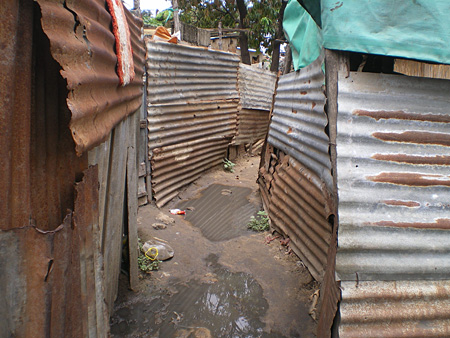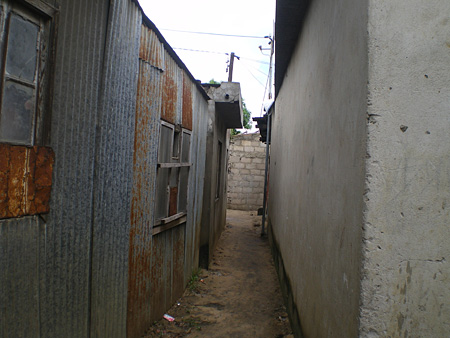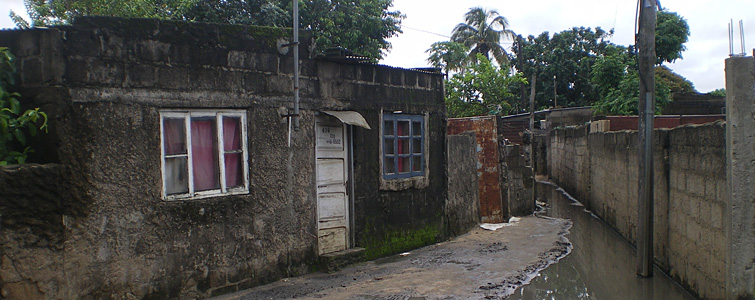Public Private People Partnerships for Climate Compatible Development (4PCCD) empowers people living in urban poor neighborhoods in Maputo, Mozambique, to design and implement activities to adapt to climate change. These activities include improving and maintaining drainage channels; protecting the water supply; managing local waste; and establishing awareness and communication channels between citizens and relevant institutions.
Fast facts
-
Urban poor put at the centre of climate compatible development;
-
Project implemented in the municipal district Nlhamankulu where more than 150,000 people live in a small area of eight square kilometres;
-
4PCCD shows that business, governments and communities can work together to address climate change through local partnerships.
The problem

Because of its coastal location, facing the Indian Ocean, Maputo is exposed to severe climate risks, such as flooding, cyclones and sea level rise. In addition, 44 per cent of the population lives in poverty and access to services and other infrastructure is low. Heightened environmental risks are compounded with high vulnerabilities to these risks.
The solution
4PCCD brings together municipal and national actions to jointly build strategies for climate resilience that benefit urban poor communities. It focuses on producing local plans and engaging municipal and national government institutions, which are developing strategies to tackle climate change. 4PCCD also gets citizens involved in decisions that affect their resilience to climate change and the future sustainability of their neighbourhoods.
Helping people

4PCCD demonstrates that citizens living in informal settlements can engage in discussions on climate change when it is made relevant to their lives. The project also shows that participatory planning processes reveal climate vulnerabilities and open up opportunities for sustainable development. This project challenges top‐down approach of how climate change tends to be managed at the local level. It shows that business, governments and communities can work together to address climate change through local partnerships. Through 4PCCD, the urban poor has taken part in working groups; has gained a recognized voice heard by potential institutional and business partners; has identified and evaluated concrete proposals; and has identified opportunities for partnerships.
Spillover effect
4PCCD can be replicated in other neighbourhoods across Maputo and Mozambique, as it is based on building and maintaining partnerships.





Images owned by the activity partners, all rights reserved.